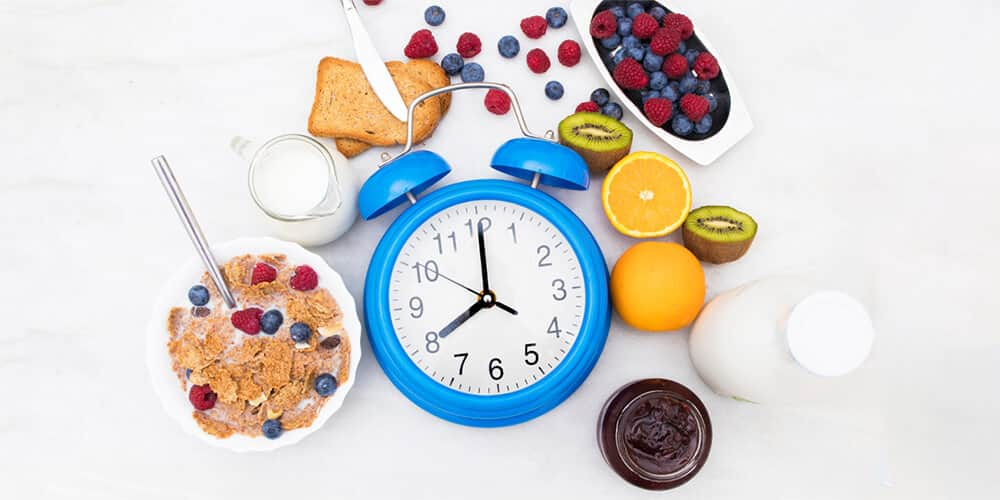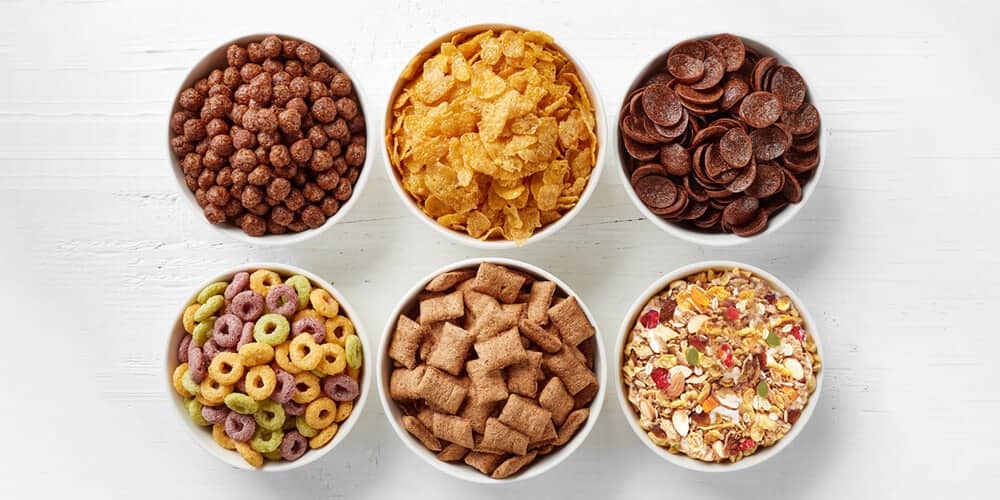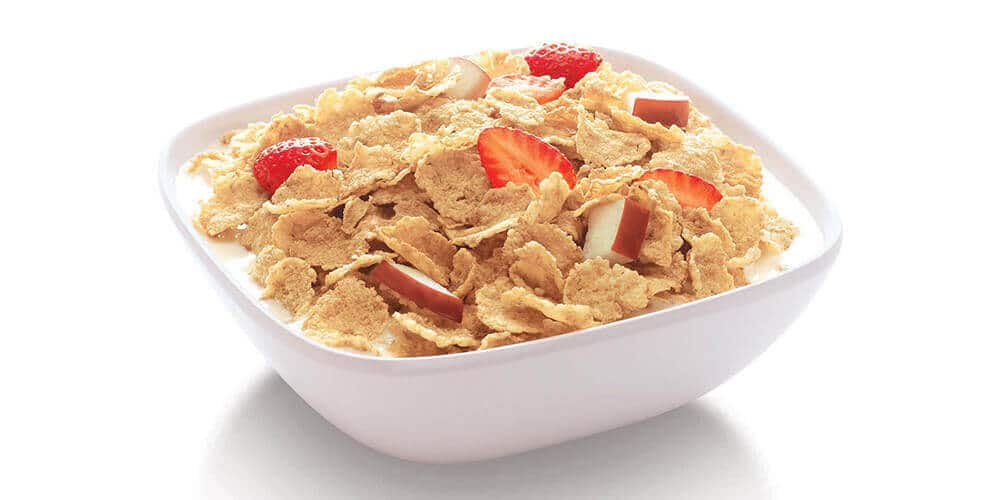
Best Start to the Day
We’ve all heard that breakfast is the most important meal of the day. So with a serving of delicious Kellogg’s cereal as part of a balanced breakfast, you can provide your family with a nutritious and happy start to the day.
Cereal and milk is a leading source of nutrients in people’s diets, making it one of the most nutrient dense choices for the number of calories it provides.1 A bowl of breakfast cereal and milk (which boosts calcium intake) makes an important nutritional contribution: a bowl of Kellogg’s breakfast cereal with milk provides at least 25% of recommended intake of 6 B-group vitamins (thiamin (B1), riboflavin (B2), niacin (B3), Vitamin B6, Vitamin B12, folic acid), Vitamin D (in kids and family cereals) and at least 15% of the recommended intake for iron, and less than 300 kcal in every single bowl (with milk).
Protein: Cereal and milk provides protein to help rebuild losses from daily protein breakdown
Calcium: Breakfast is an important time for milk consumption particularly as breakfast cereal is often consumed with milk. Teenagers and adults who eat breakfast cereals regularly consume more milk at breakfast than others. Milk intake varies across the Arab Gulf - for example, just 37% of school-aged children in Bahrain are reported to consume milk daily2, compared to 49% of Omani women.3 Calcium is needed for the maintenance of healthy bones, and eating cereals with milk is an effective way of increasing daily calcium intake.
B-Group vitamins: Breakfast cereals can make a significant contribution to overall daily vitamin intakes. B-group vitamins are essential for a variety of functions in the body, including metabolism, cell development, and the maintenance of a healthy nervous system.
Vitamin D: Vitamin D helps absorb calcium, so it plays an important part role in bone growth and maintaining bone health. This is especially relevant in the UAE, where 78% of the population have a Vitamin D deficiency4, and KSA5 where studies show a high prevalence of Vitamin D deficiency despite adequate exposure to sunlight.6 Check the nutrition label on the breakfast cereal to ensure that it contains Vitamin D.
Iron: Iron-fortified breakfast cereals make a valid contribution to iron status - important throughout the Arab Gulf, where 25-35% of the population is affected by iron deficiency anaemia.7 Eating foods rich in Vitamin C with iron-rich foods improves iron absorption, so include an orange or a glass of orange juice for instance with breakfast cereal and milk to help enhance iron absorption. On the contrary, tea consumed at breakfast may decrease iron absorption.8
Click here to download a factsheet on Vital Vitamin D
References
Helping consumers make informed food choices

We’ve all heard that breakfast is the most important meal of the day. So with a serving of delicious Kellogg’s cereal as part of a balanced breakfast, you can provide your family with a nutritious and happy start to the day.

Despite its many assets, breakfast cereal is sometimes misunderstood. Explore this section to debunk some common myths!

There is consistent evidence that children and adults who regularly eat breakfast are less likely to be overweight than breakfast skippers, explore this section to find out more!
Mars Completes Acquisition of Kellanova. Read More